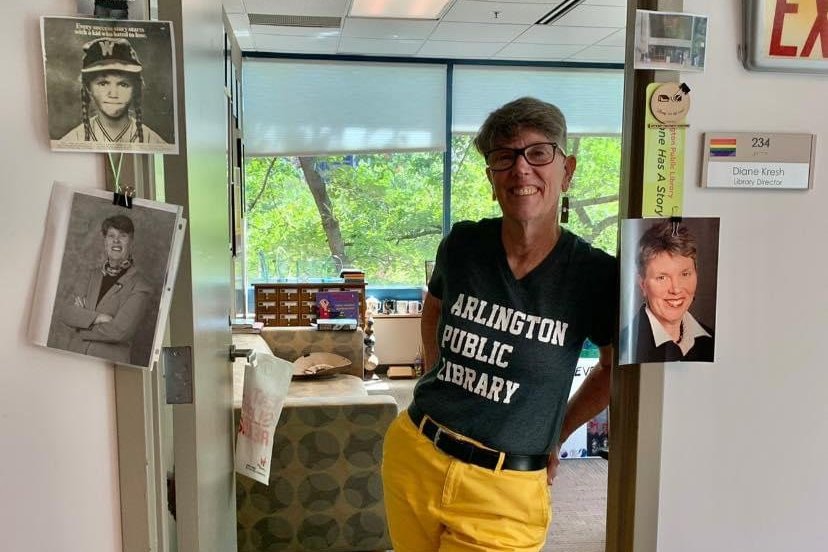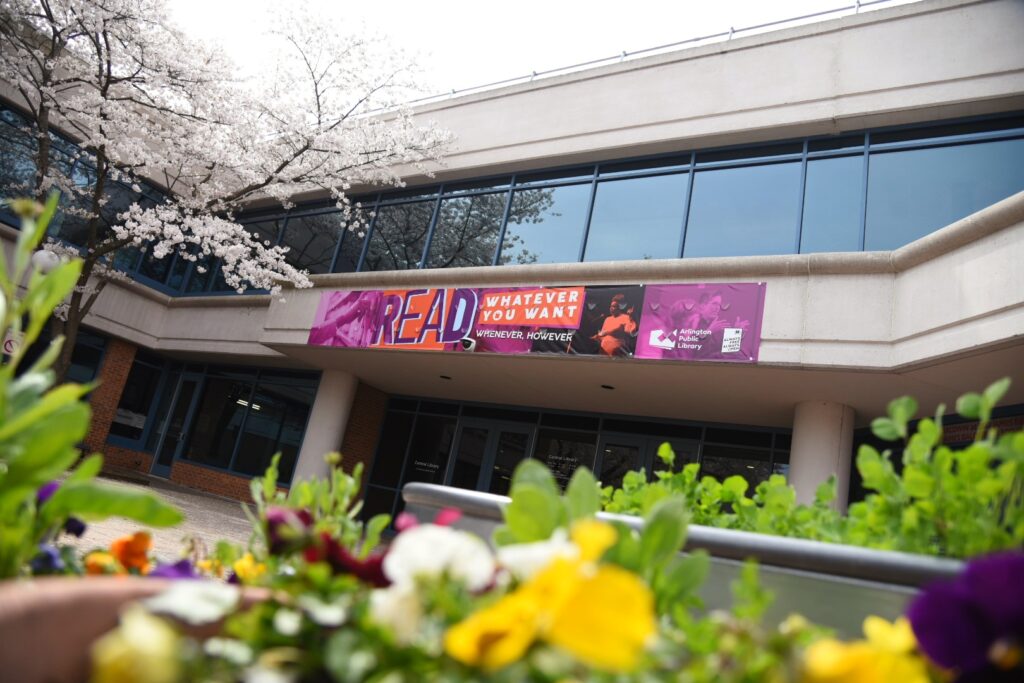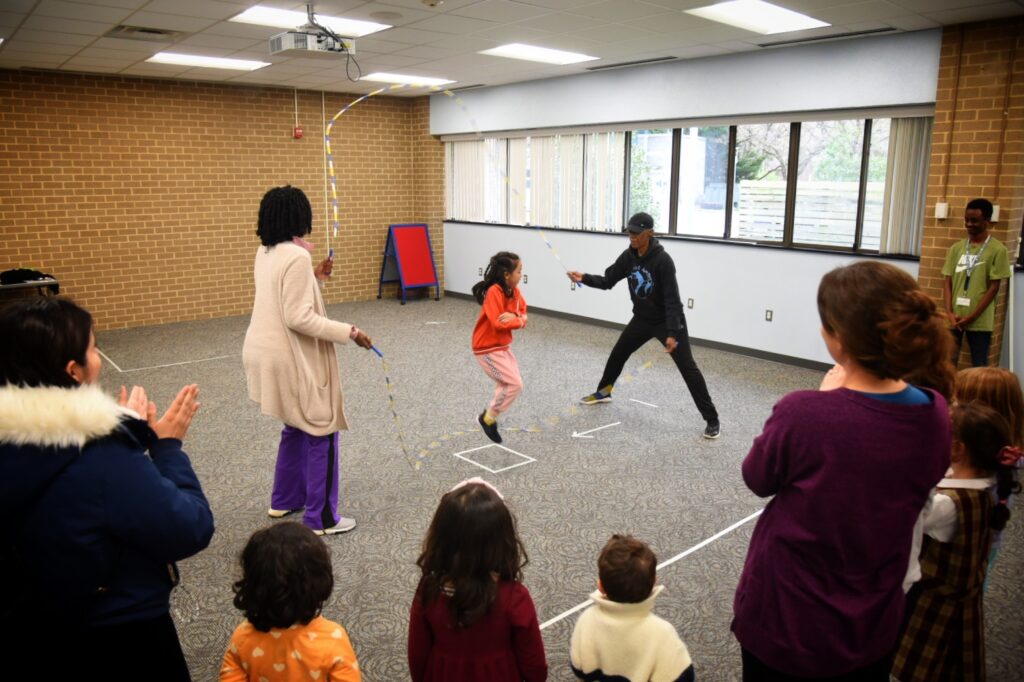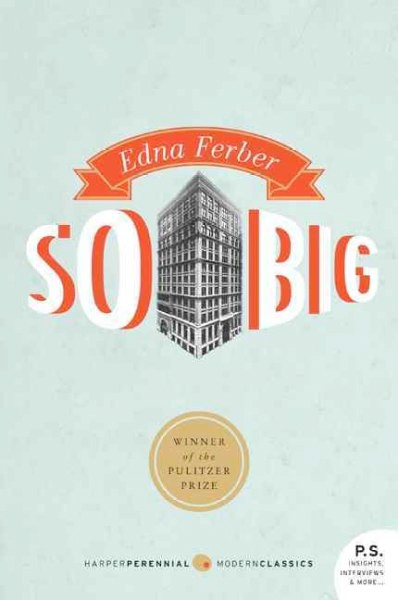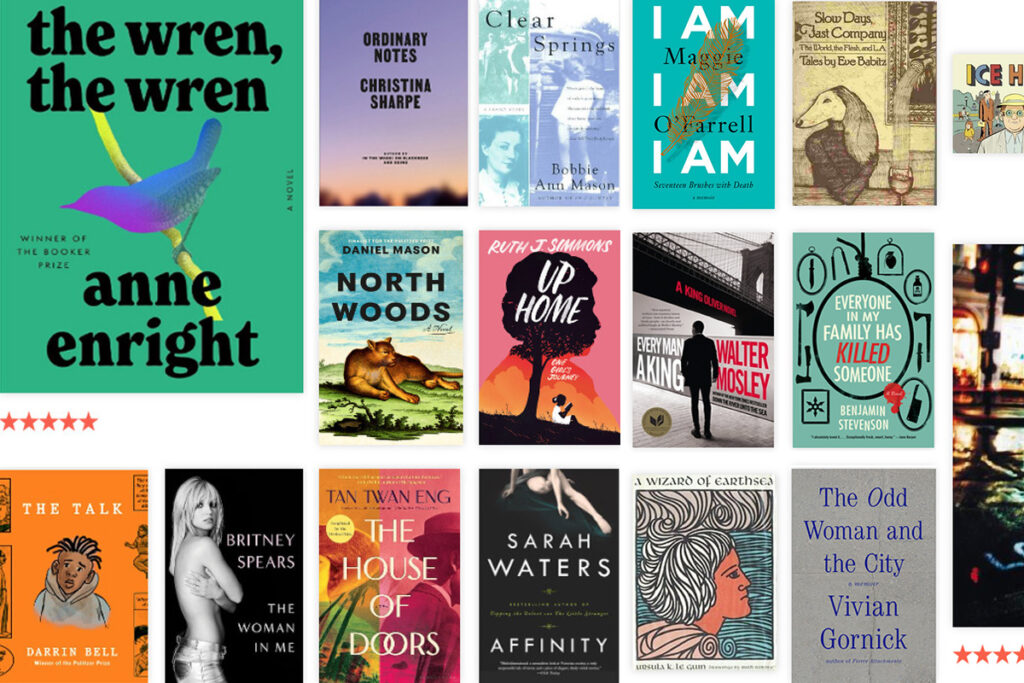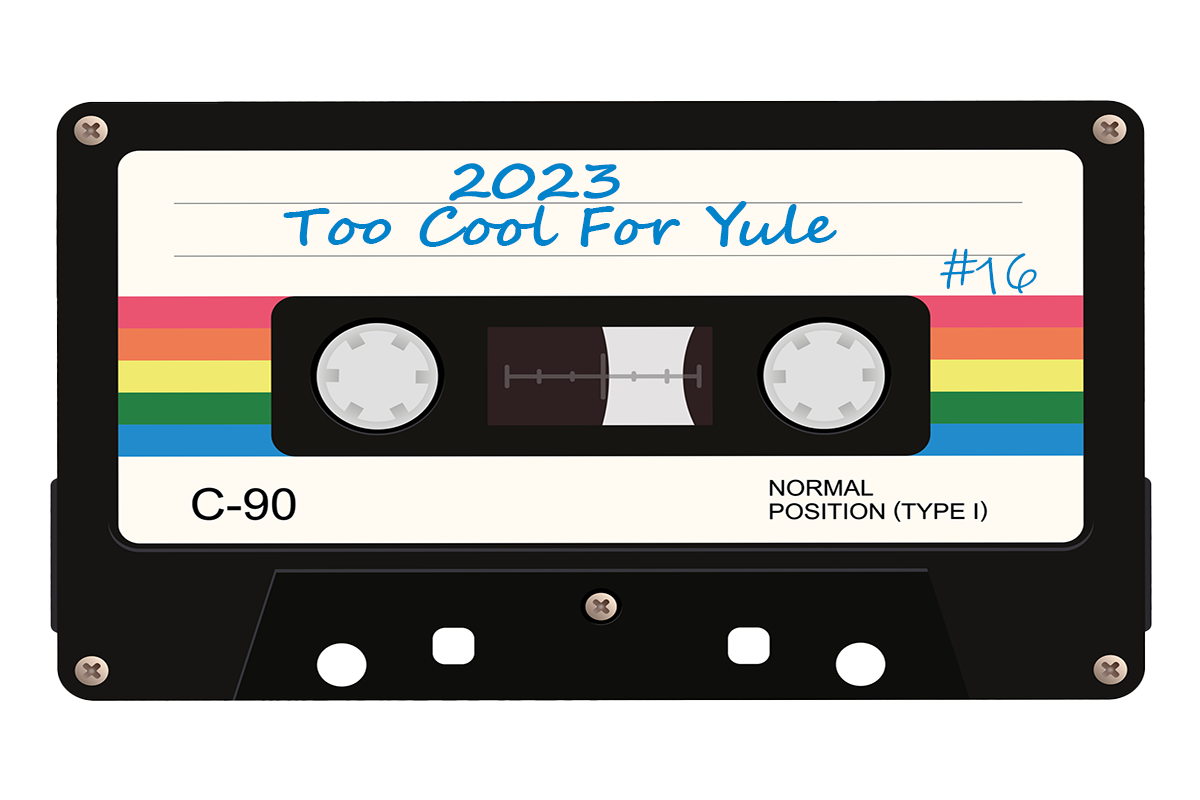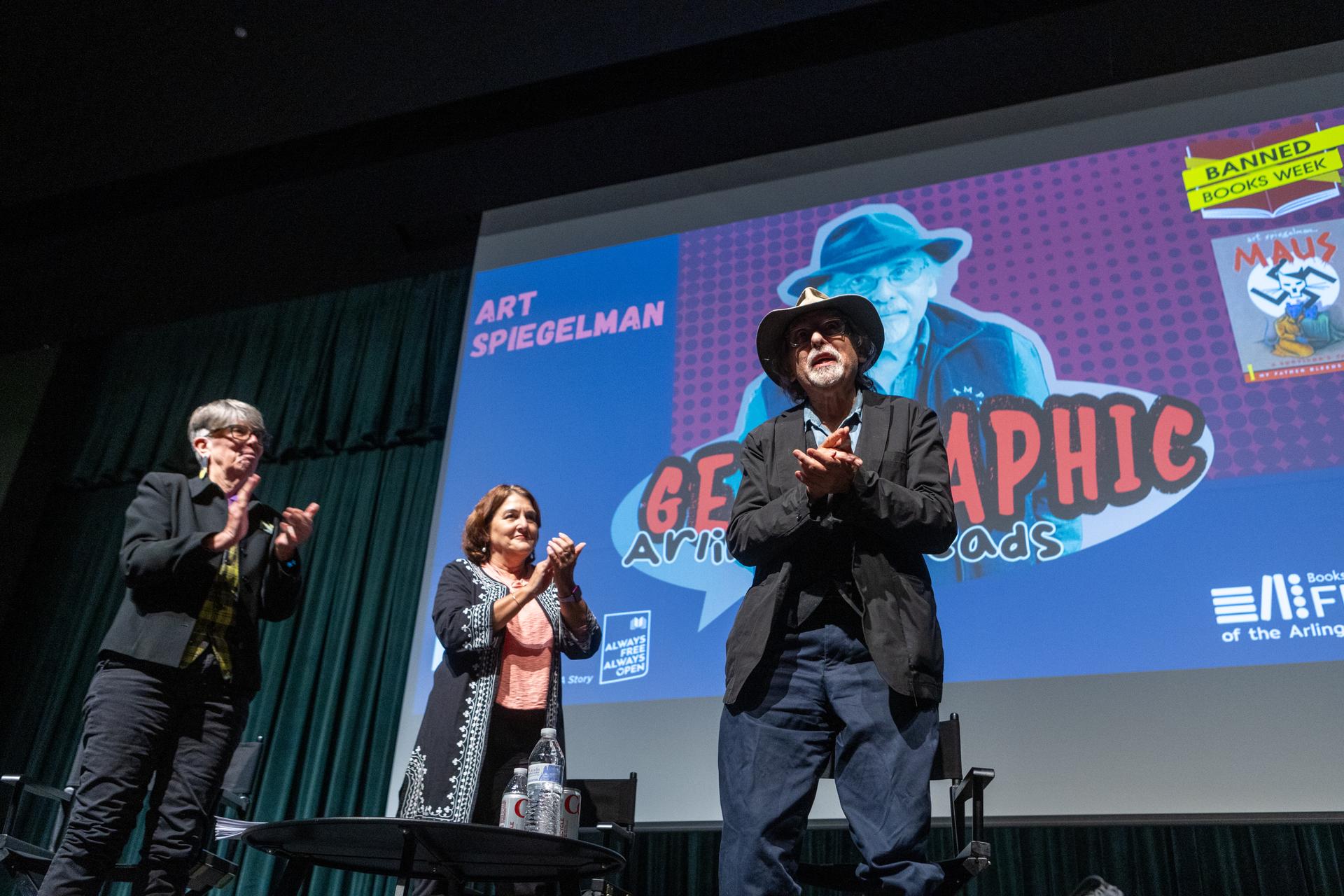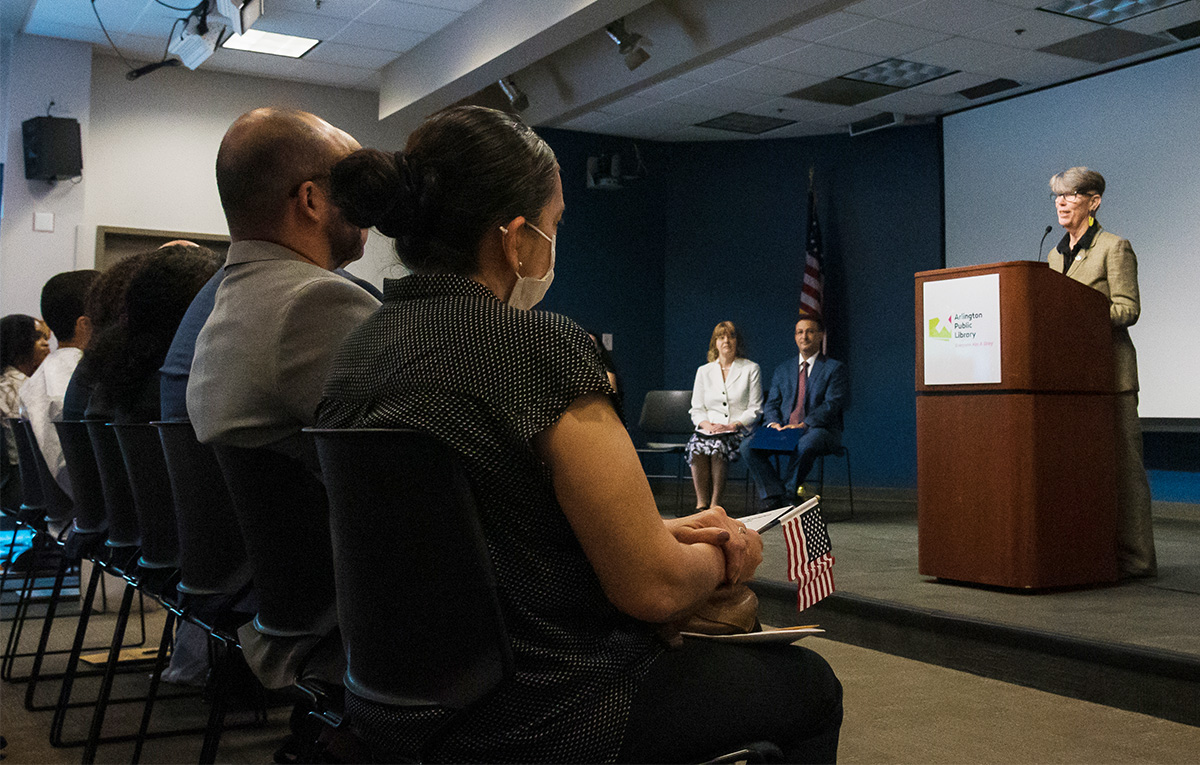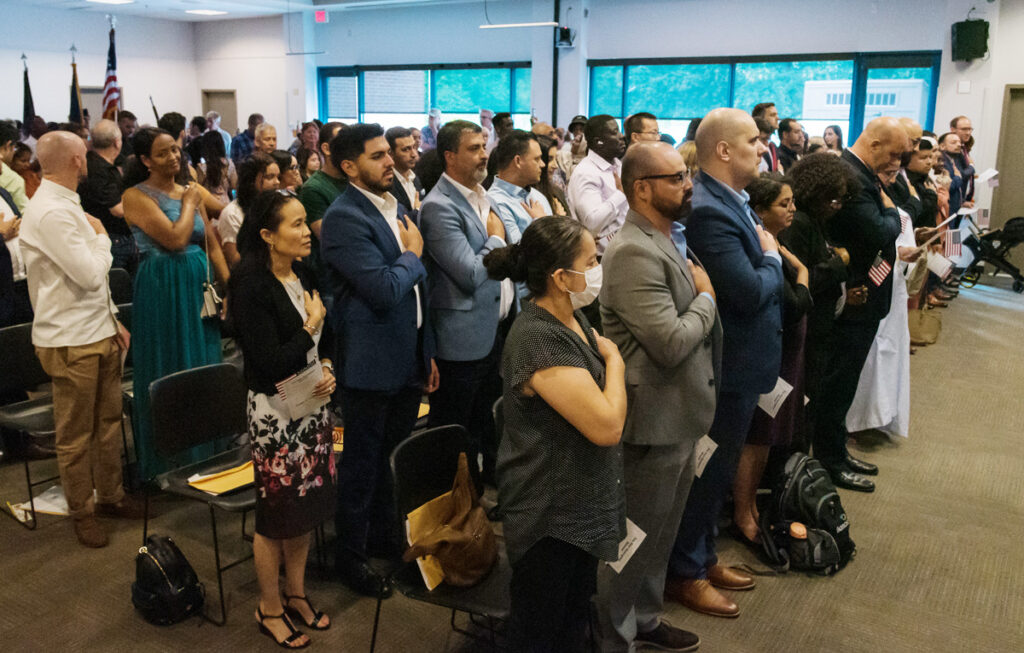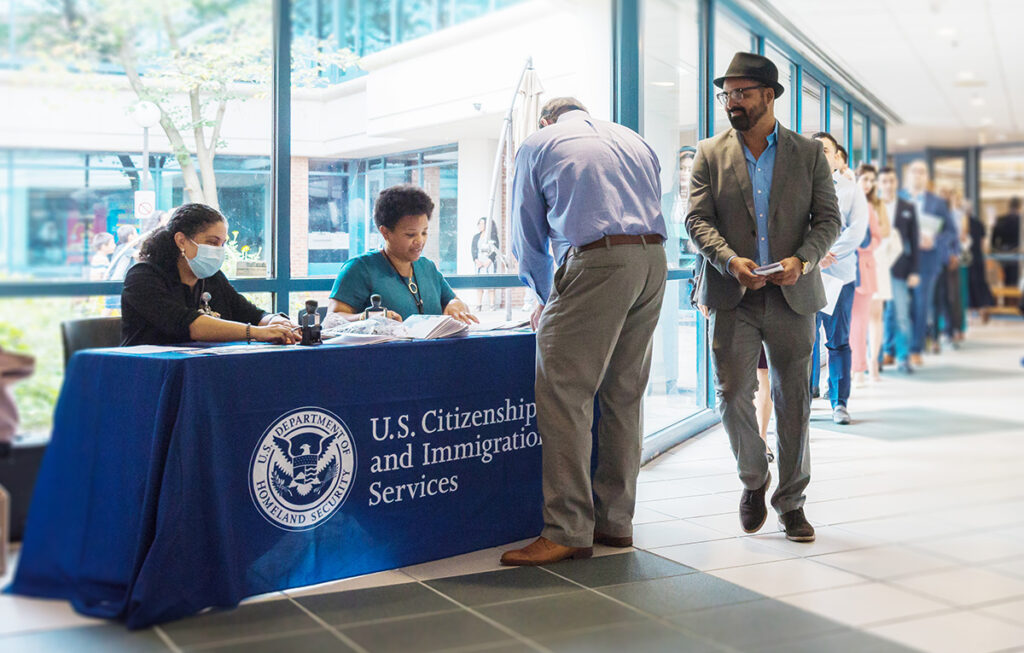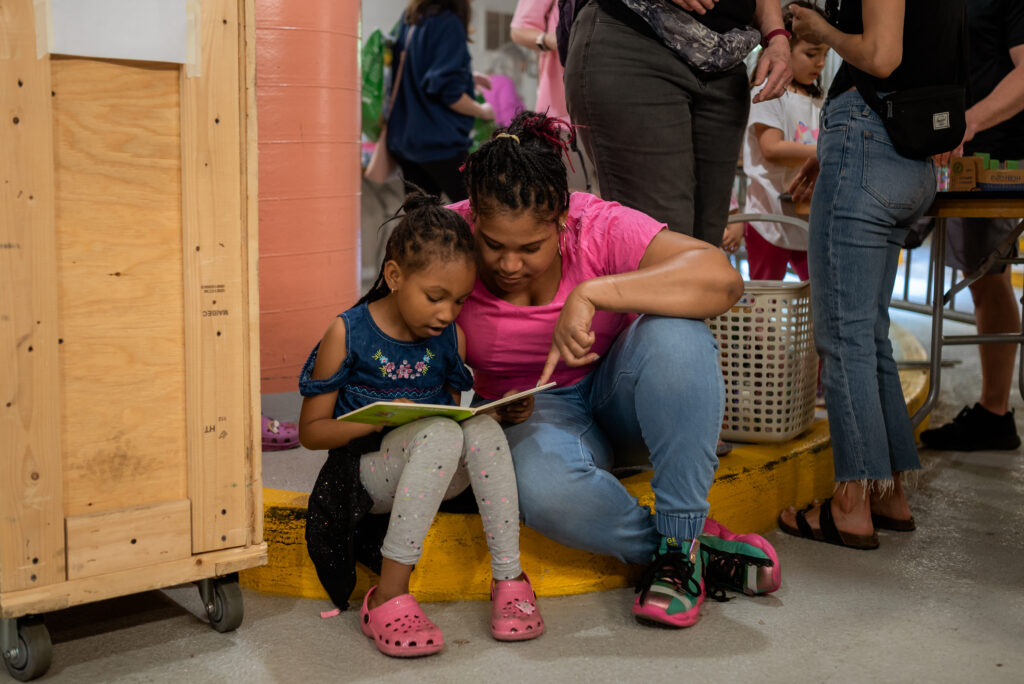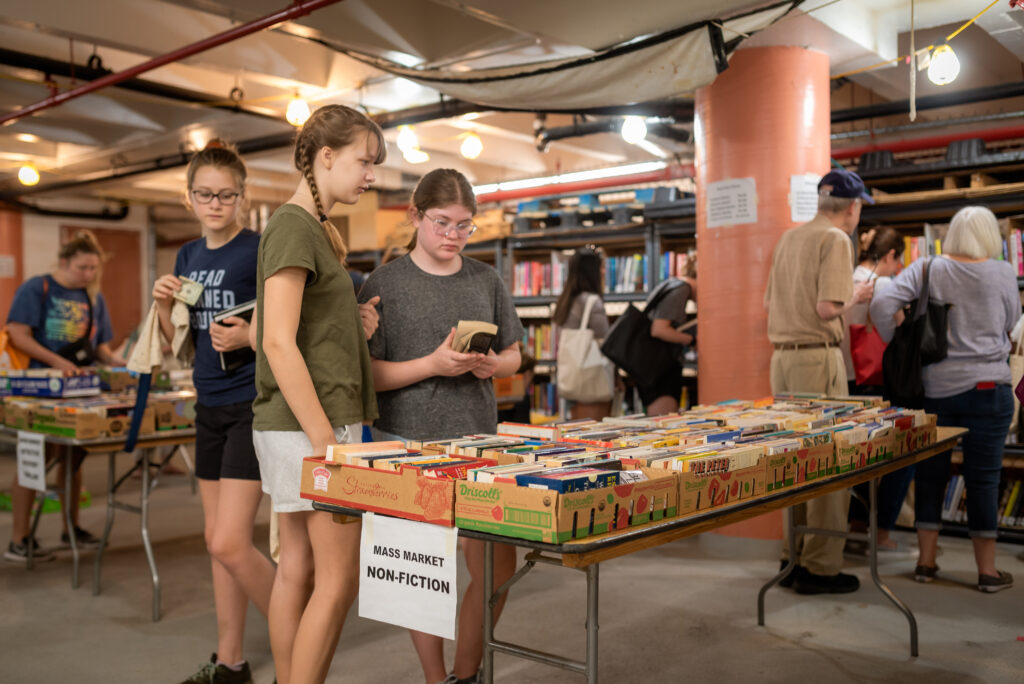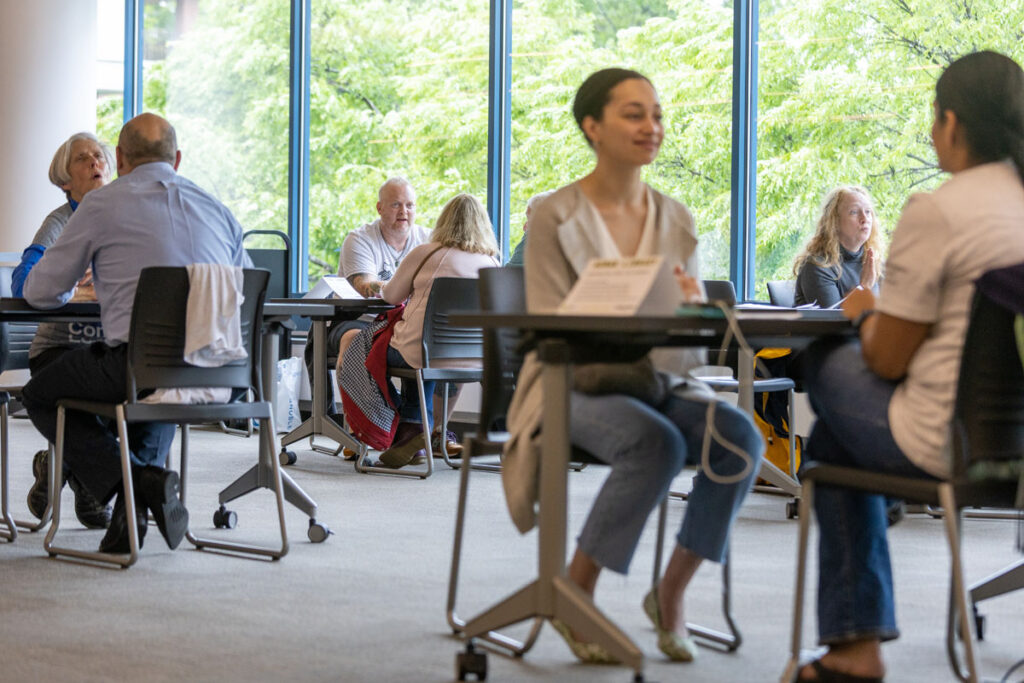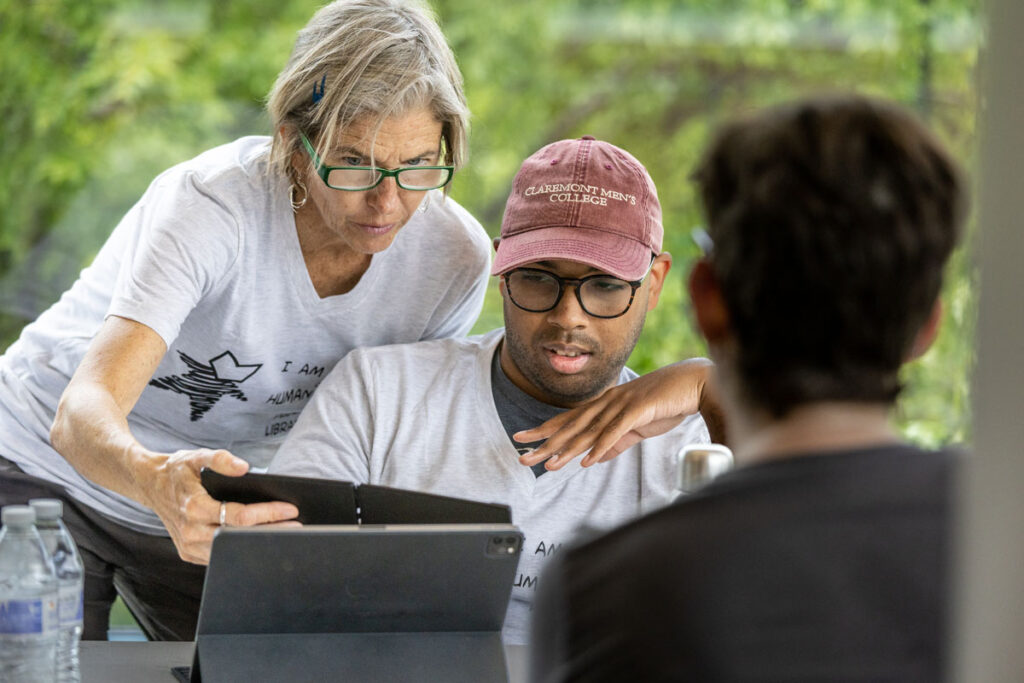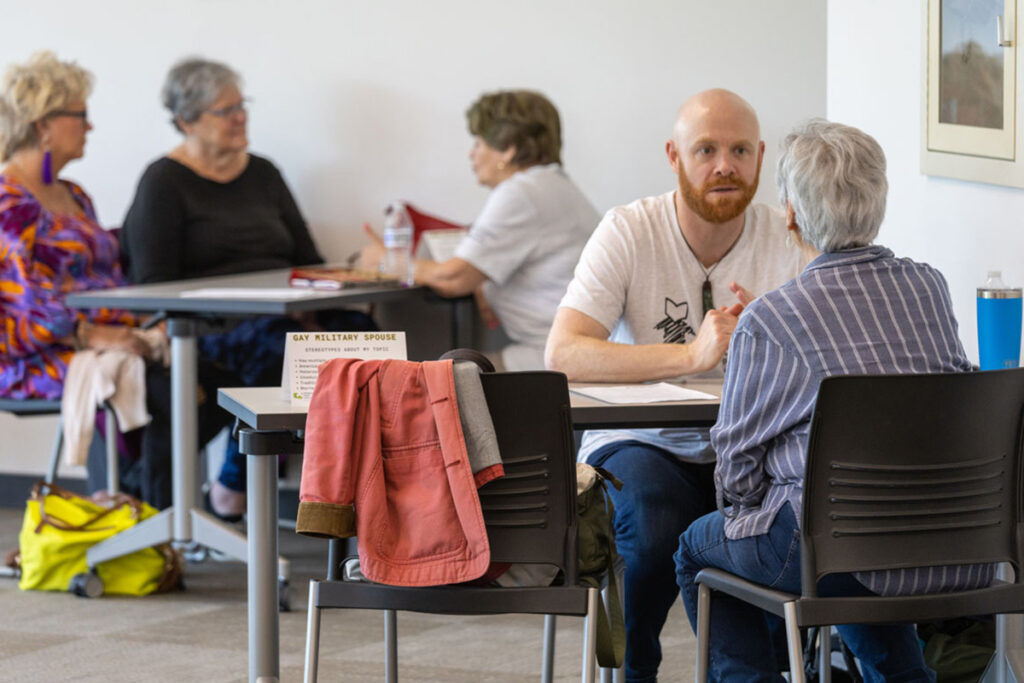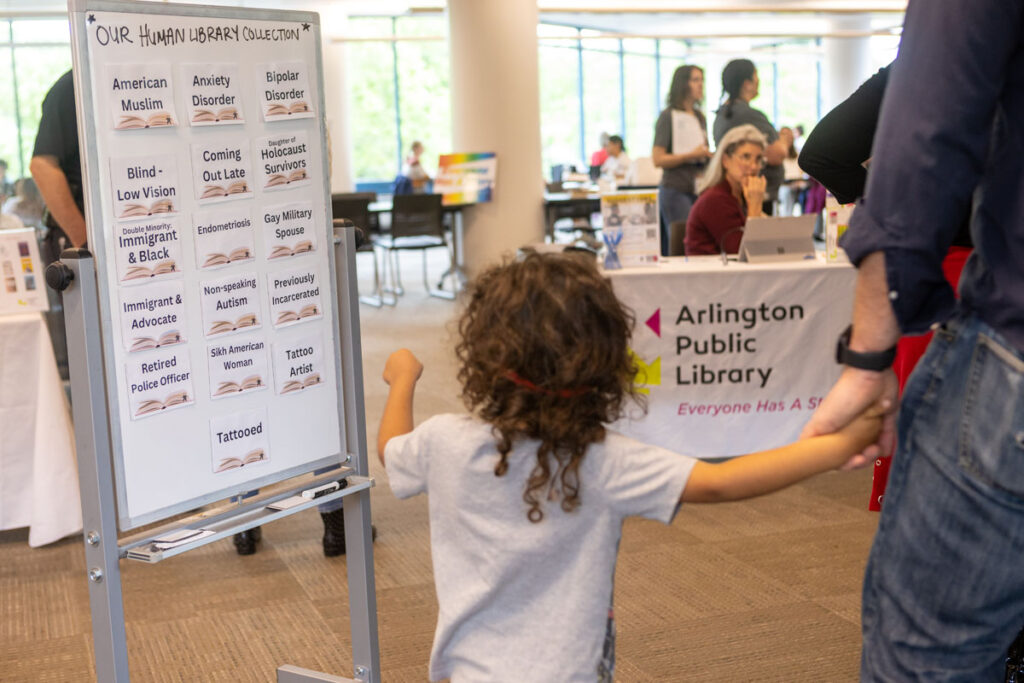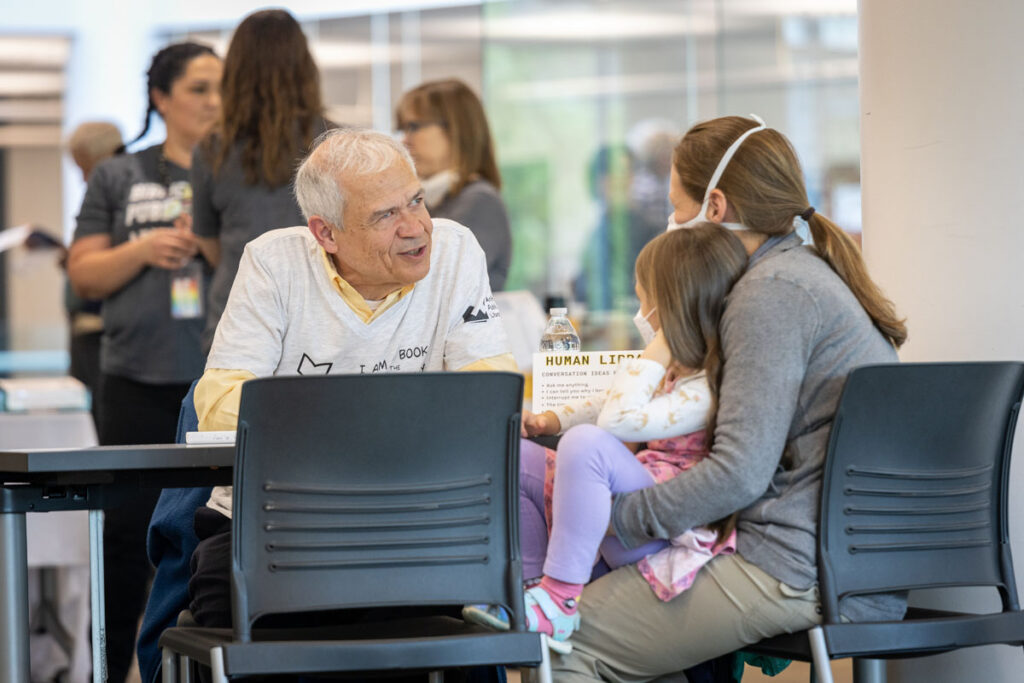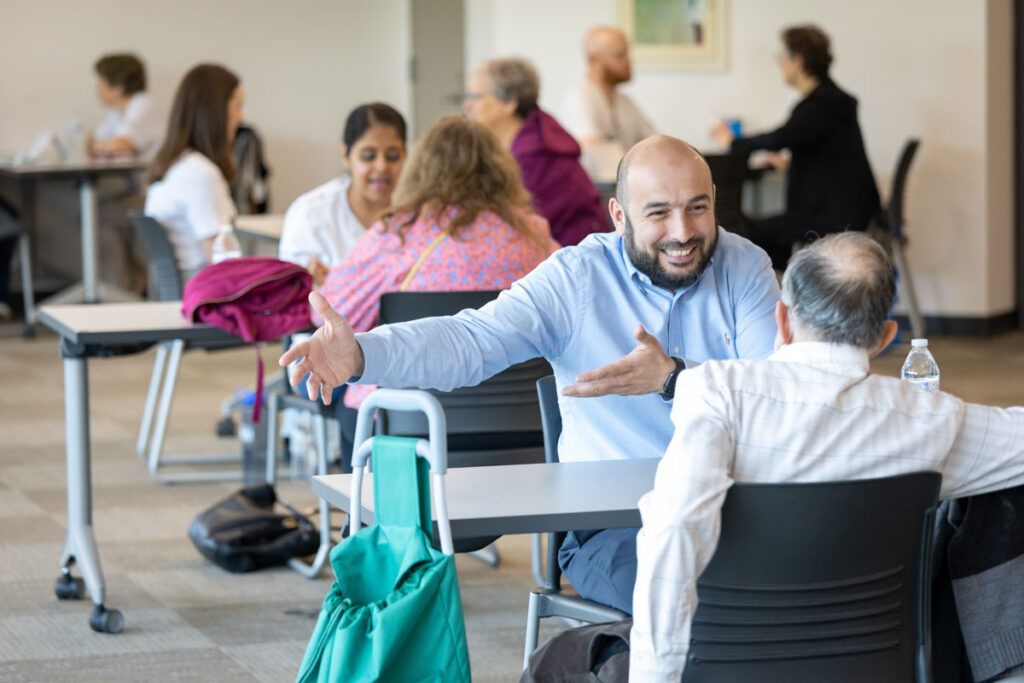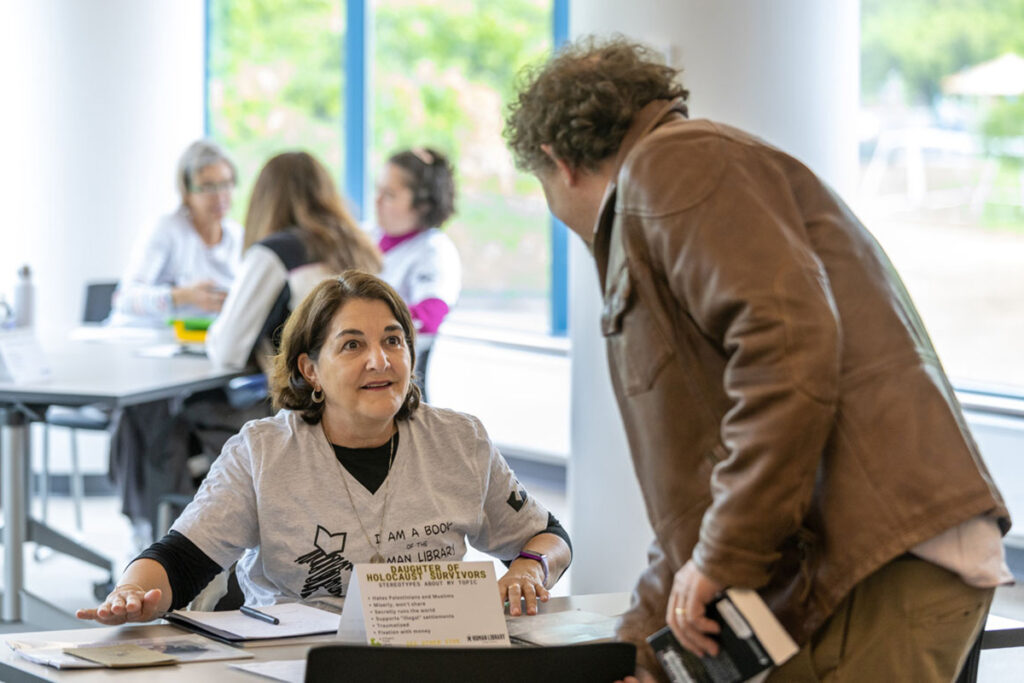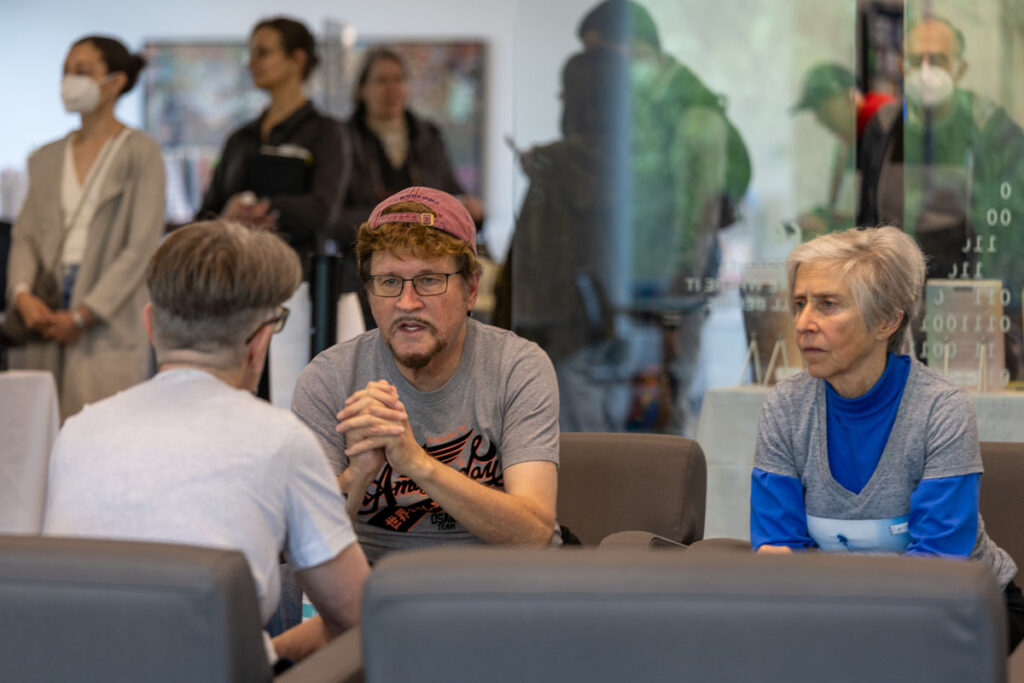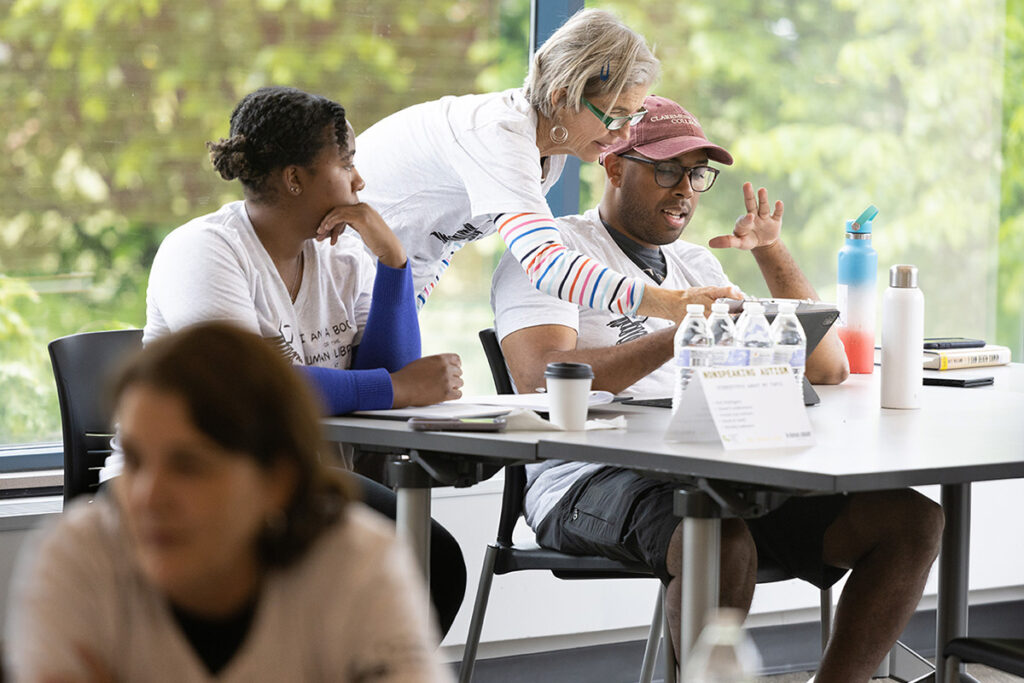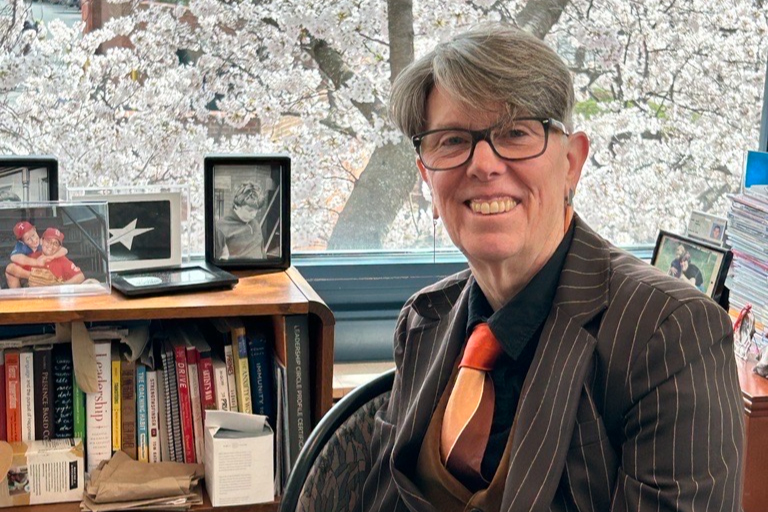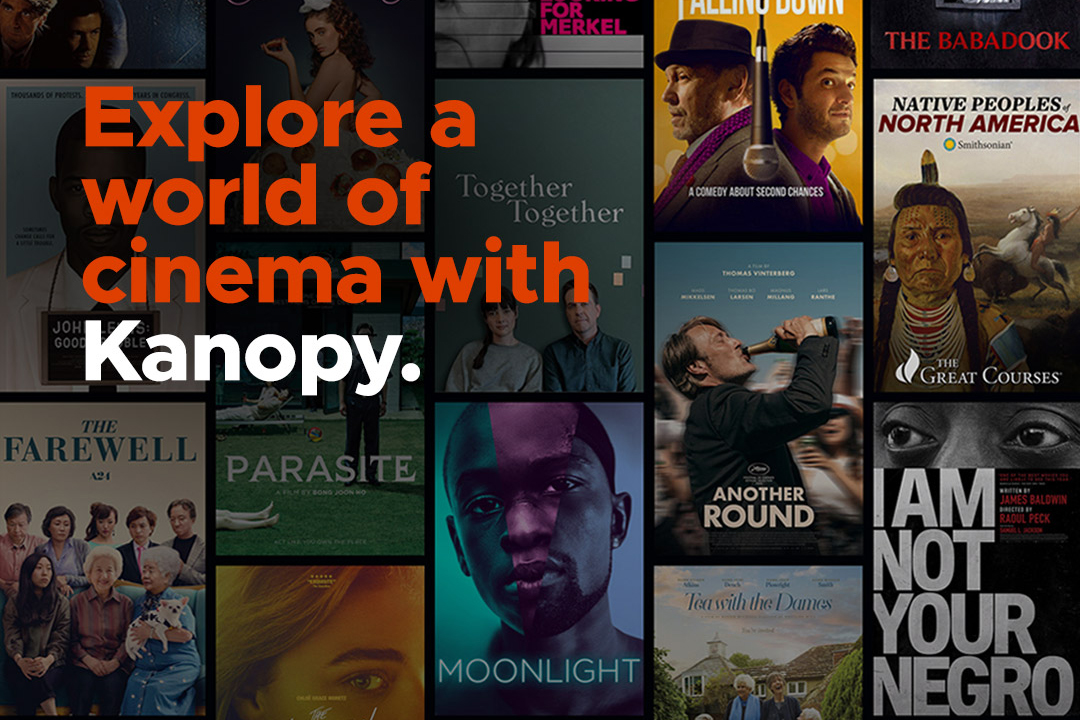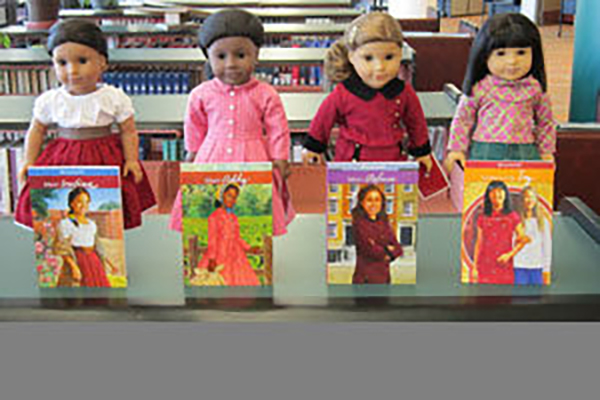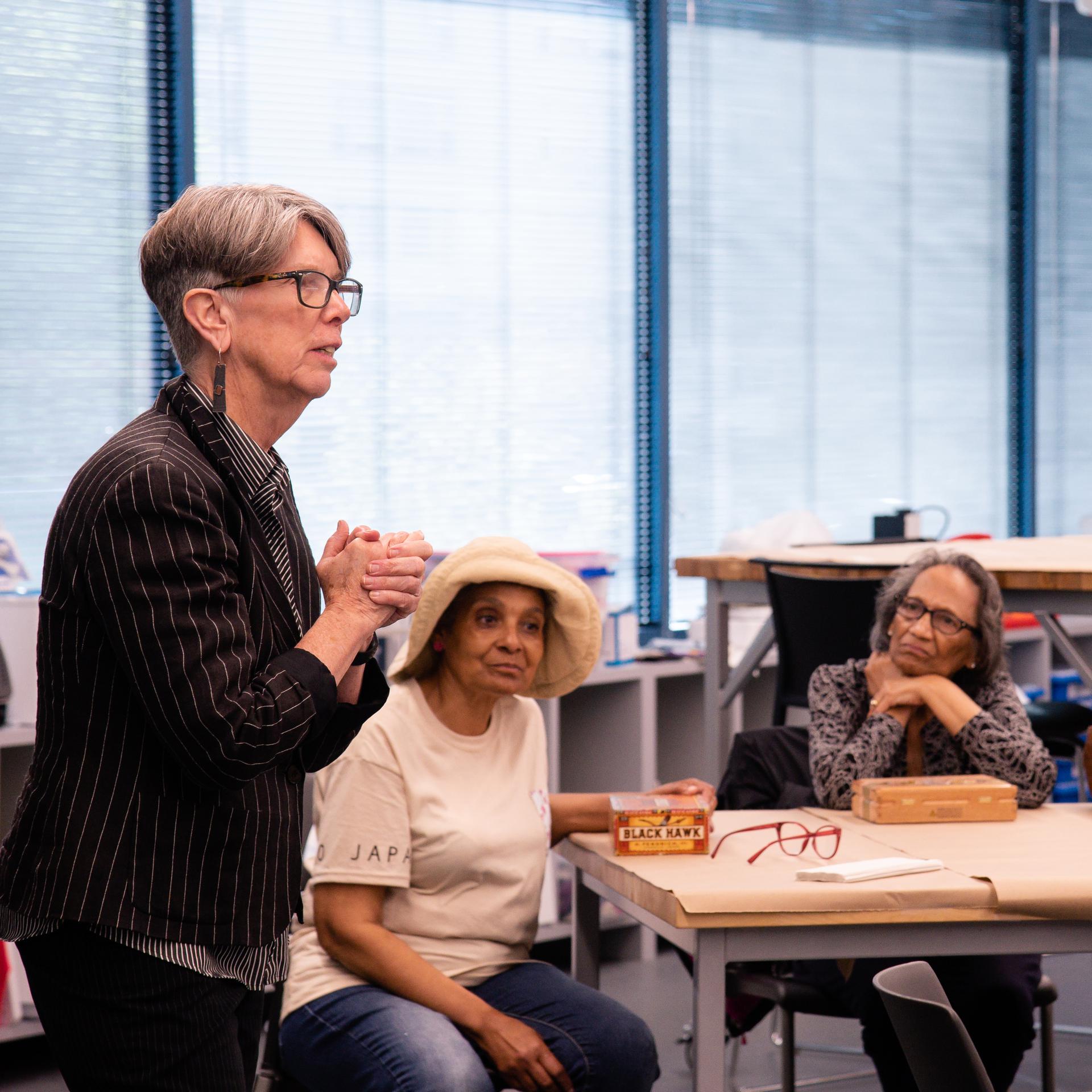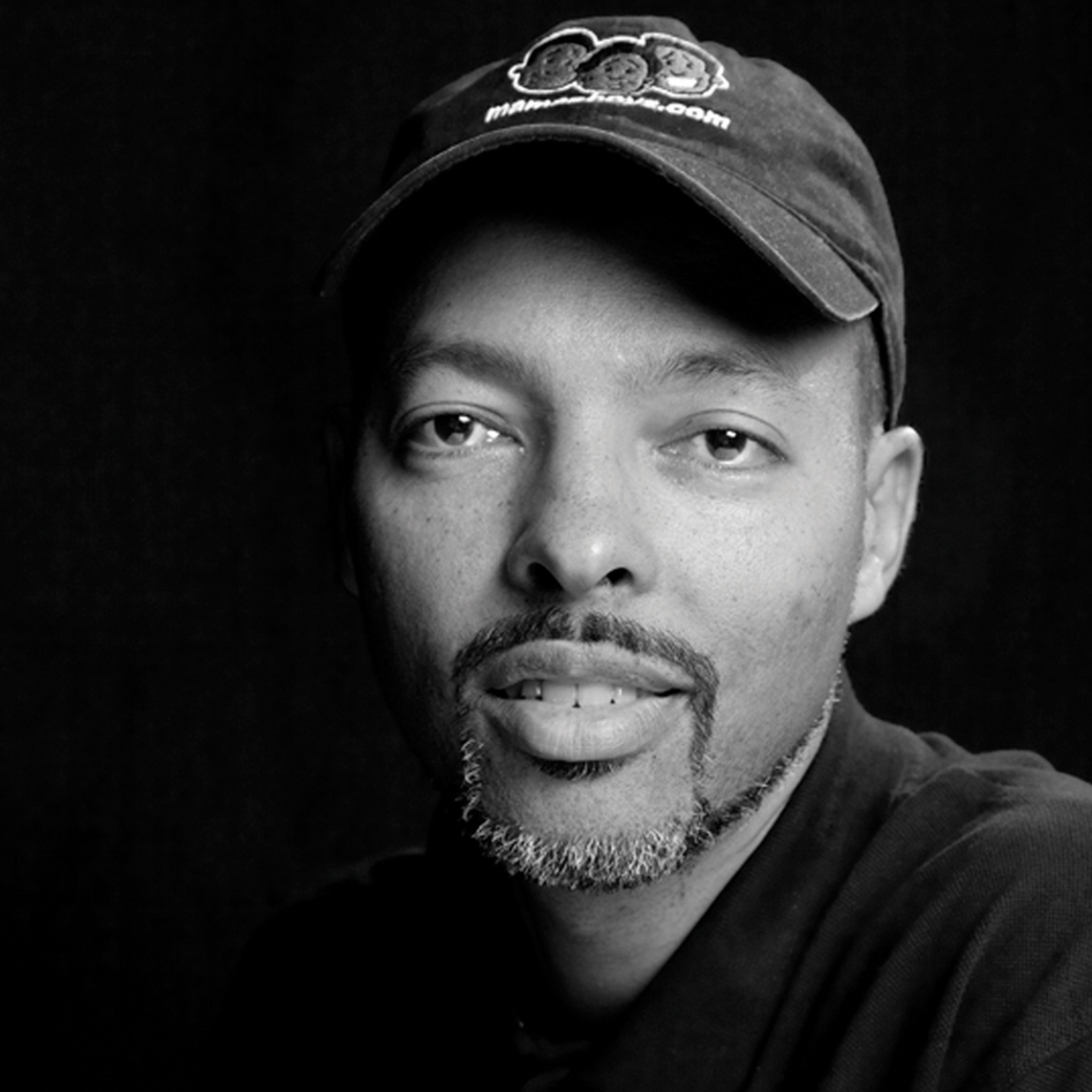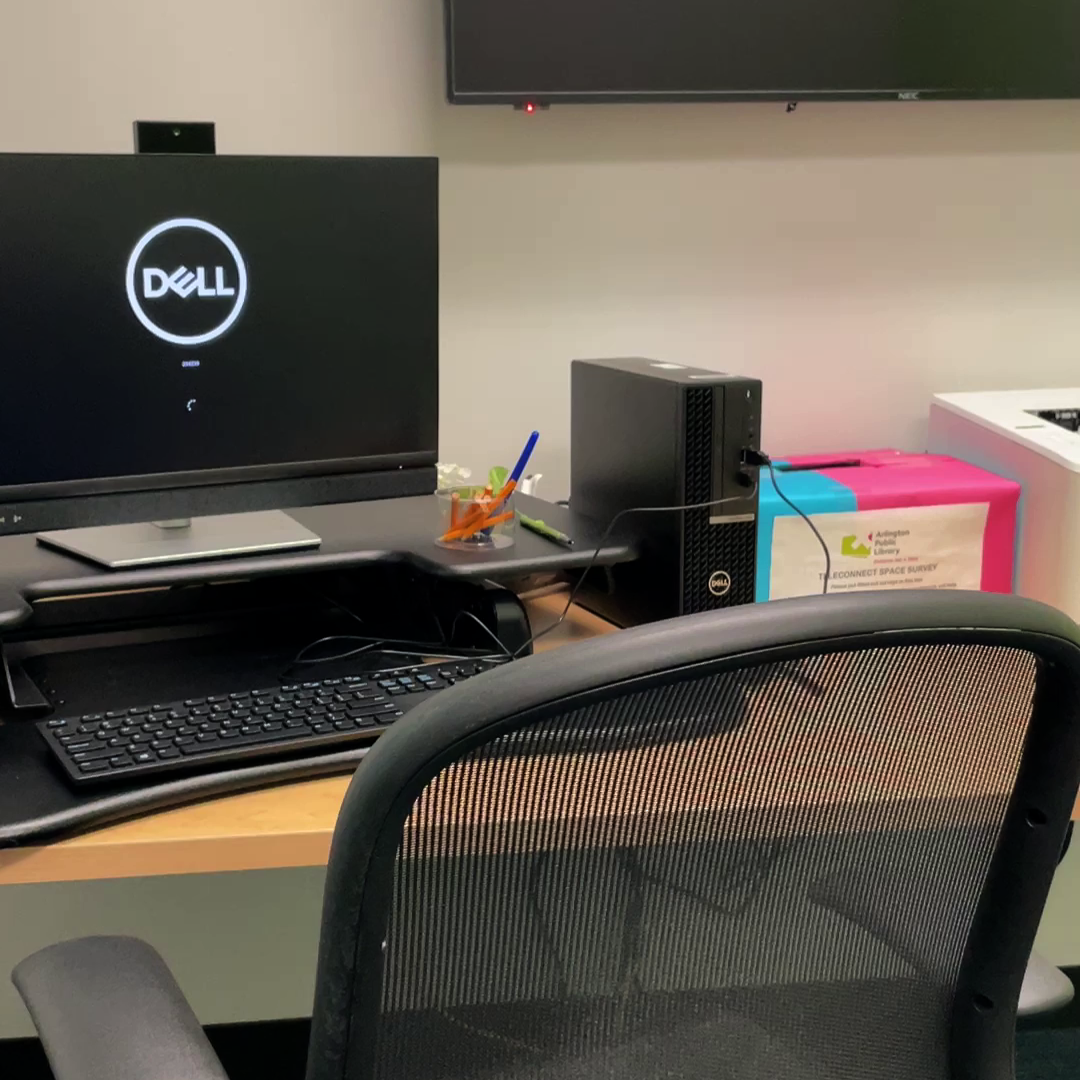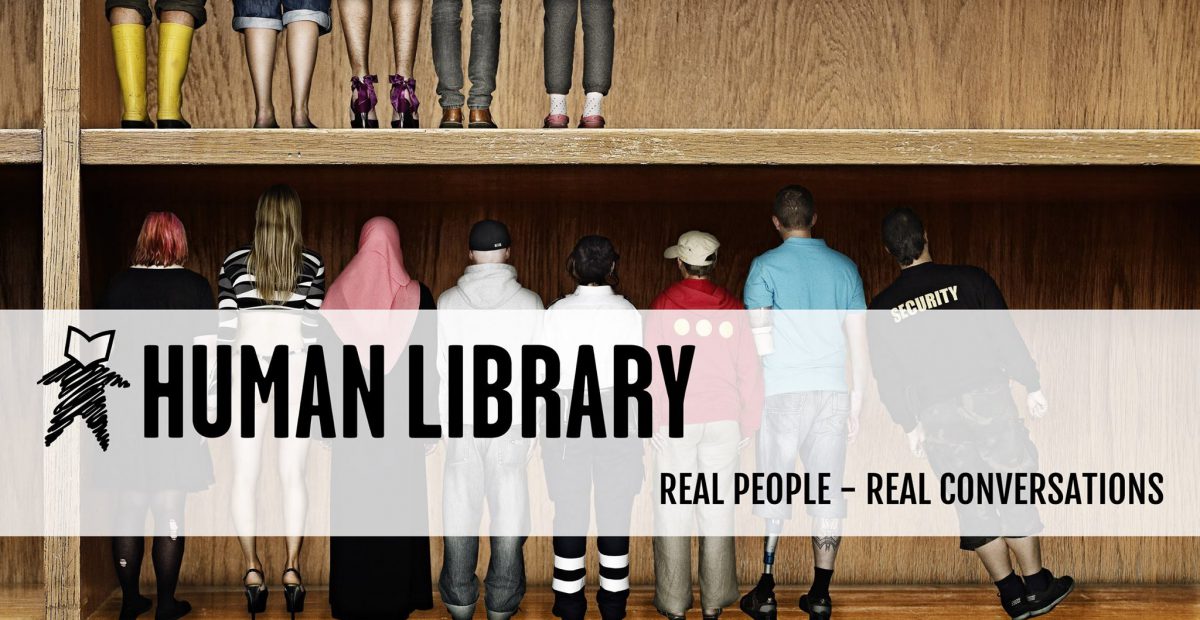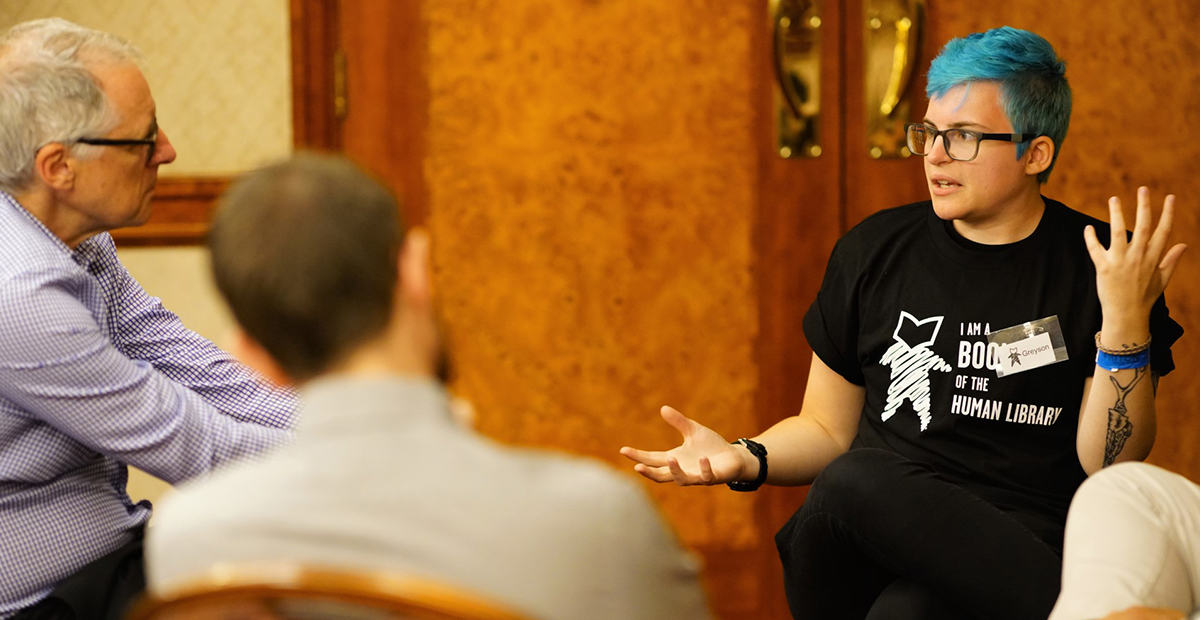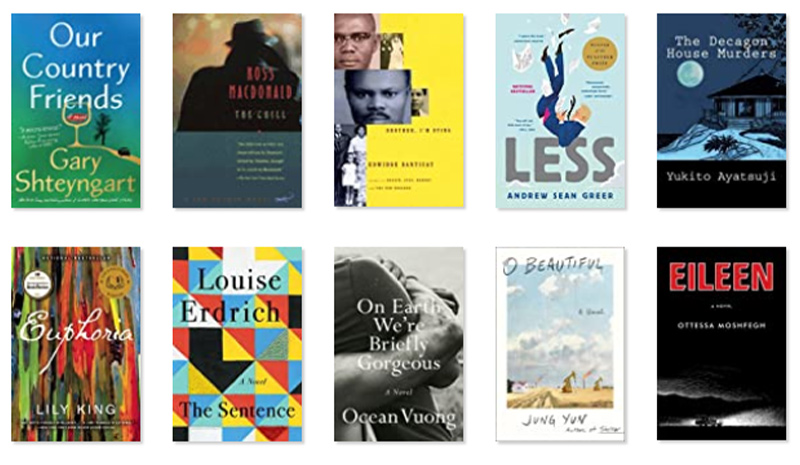This June, Pride Month turns 25 and I celebrate my 50th year working in libraries.
Libraries have changed a lot in 50 years. When I began my life’s work in 1974, there were no computers, no internet, no social media and no Alexa to wake me up in the morning.
Gone are the card catalogs with file drawers filled with index cards. Now eBooks enable us to read anywhere, at any time.
What has not changed? Our commitment to serve the public good by promoting your freedom to read and to be whoever you want to be within our safe and welcoming spaces.
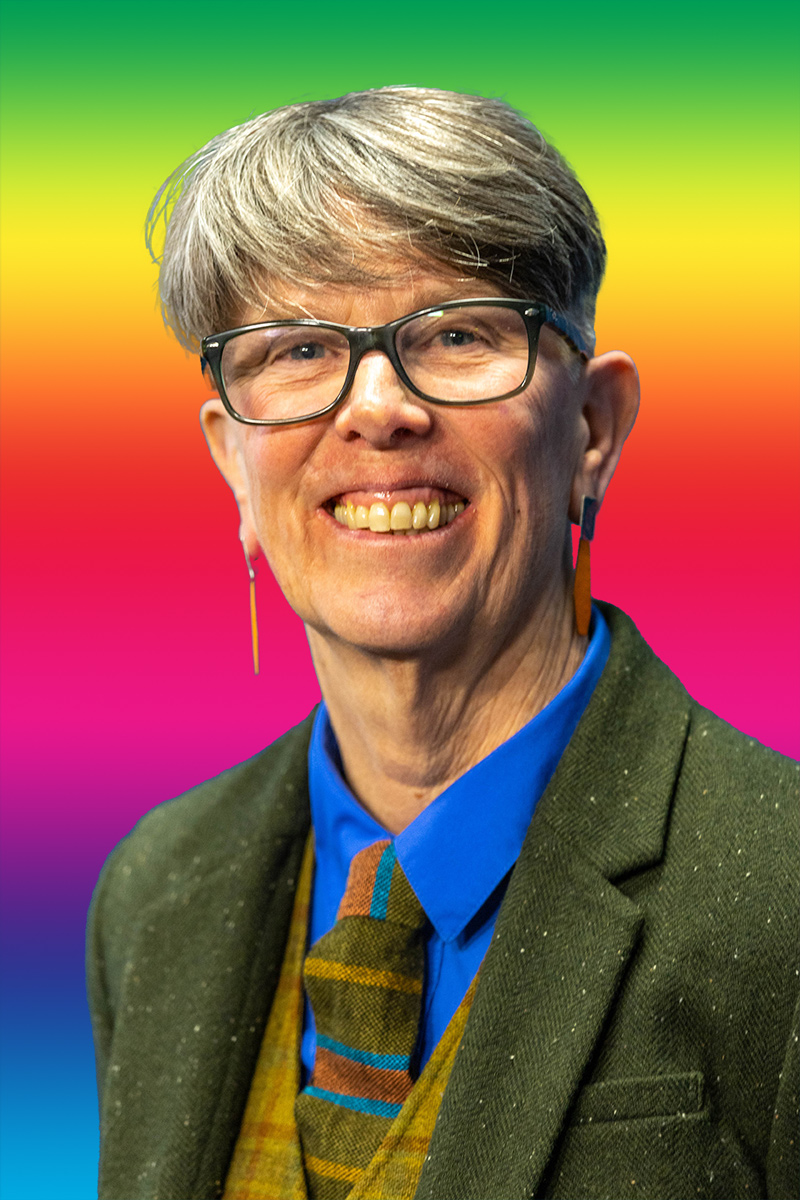
As a gay woman library director, Pride Month is important to me.
Why? Libraries are third places—not your home, not your office or school—places where all can belong and simply be. Places where continuous learning and self-discovery are limitless and community connections are made stronger.
The concept of Pride Month is rooted in the Stonewall Riots, a series of protests for LGBTQIA+ liberation that began on June 28, 1969.
These riots are considered a pivotal moment in the community’s modern human rights movement. The first Pride marches were held in 1970, and the traditions of Pride month continue: honoring and cultivating the courage, dignity and self-worth of LGBTQIA+ people at all stages of their life’s journey.



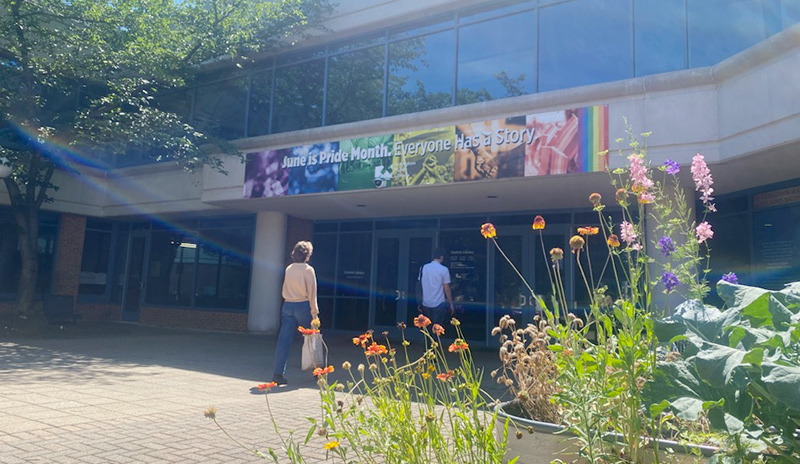
Happy Reading. Happy Pride. 📚🌈

Diane Kresh
Director, Arlington Public Library
